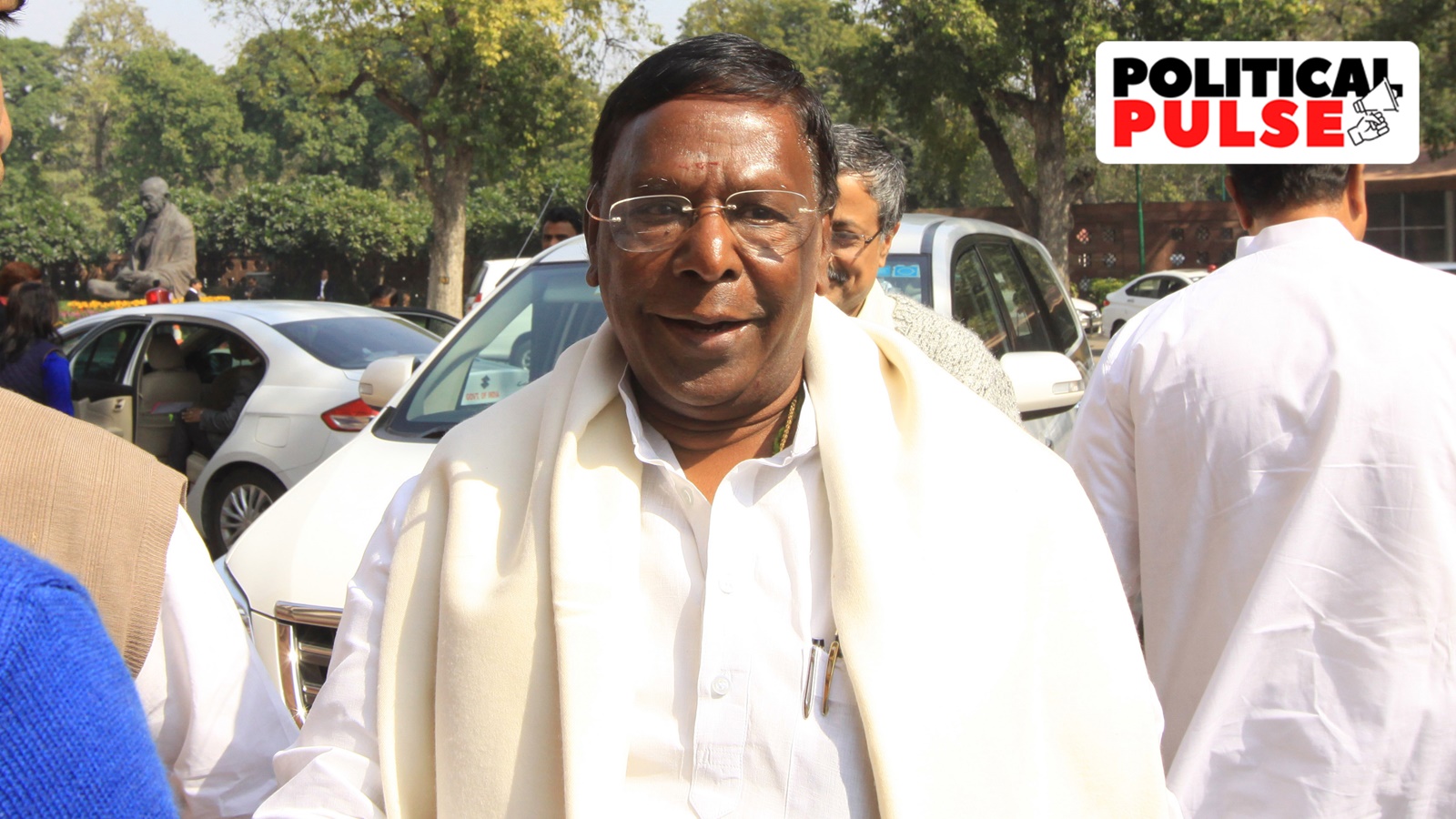 |
|
The upcoming Jammu and Kashmir Assembly elections have sparked a debate regarding the role of nominated MLAs, particularly in light of the National Conference-Congress alliance's anticipated victory. With a clear majority in sight, the need for the five nominated members might become obsolete. However, the recent experience in Puducherry, another Union Territory with a similar nomination system, offers a cautionary tale about the potential for abuse of power through nominated members.
In 2021, the Puducherry Congress government, led by V Narayanasamy, was ousted after three members nominated by then-Lieutenant Governor Kiran Bedi sided with the opposition. These individuals, including the Puducherry BJP president, a party executive member, and a BJP worker, had been appointed without any discernible merit or expertise. This decision, made without consulting Narayanasamy's government, prompted a legal battle that ultimately upheld the Lt. Governor's authority to nominate members. This outcome proved decisive in the no-confidence motion that ultimately toppled the Congress government.
Narayanasamy vehemently argues that this incident highlights the potential for nominated MLAs to undermine democratic processes. He contends that the BJP, by strategically using nominated members, manipulated the political landscape in Puducherry to their advantage. He points to the use of the Enforcement Directorate and Income Tax against Congress leaders as evidence of the BJP's efforts to secure power. Narayanasamy views the nominated member system as a tool for political manipulation, rather than a mechanism to provide representation for underrepresented communities or specialists, as originally intended.
Bedi, on the other hand, maintains that the nomination process adheres to legal guidelines and seeks to diversify the legislative body by including individuals from various societal segments. She draws a parallel to the Rajya Sabha, where nominated members play a similar role. However, Narayanasamy argues that the initial purpose of the nominated member system, which was to grant a voice to experts in fields like arts and sciences, has been distorted, leading to the current situation where nominated members are often used as political pawns. This raises serious concerns about the integrity of democratic processes and the potential for manipulation through the nomination system.
Source: Clear J&K results shrink role of nominated MLAs. Meanwhile, a Puducherry example
